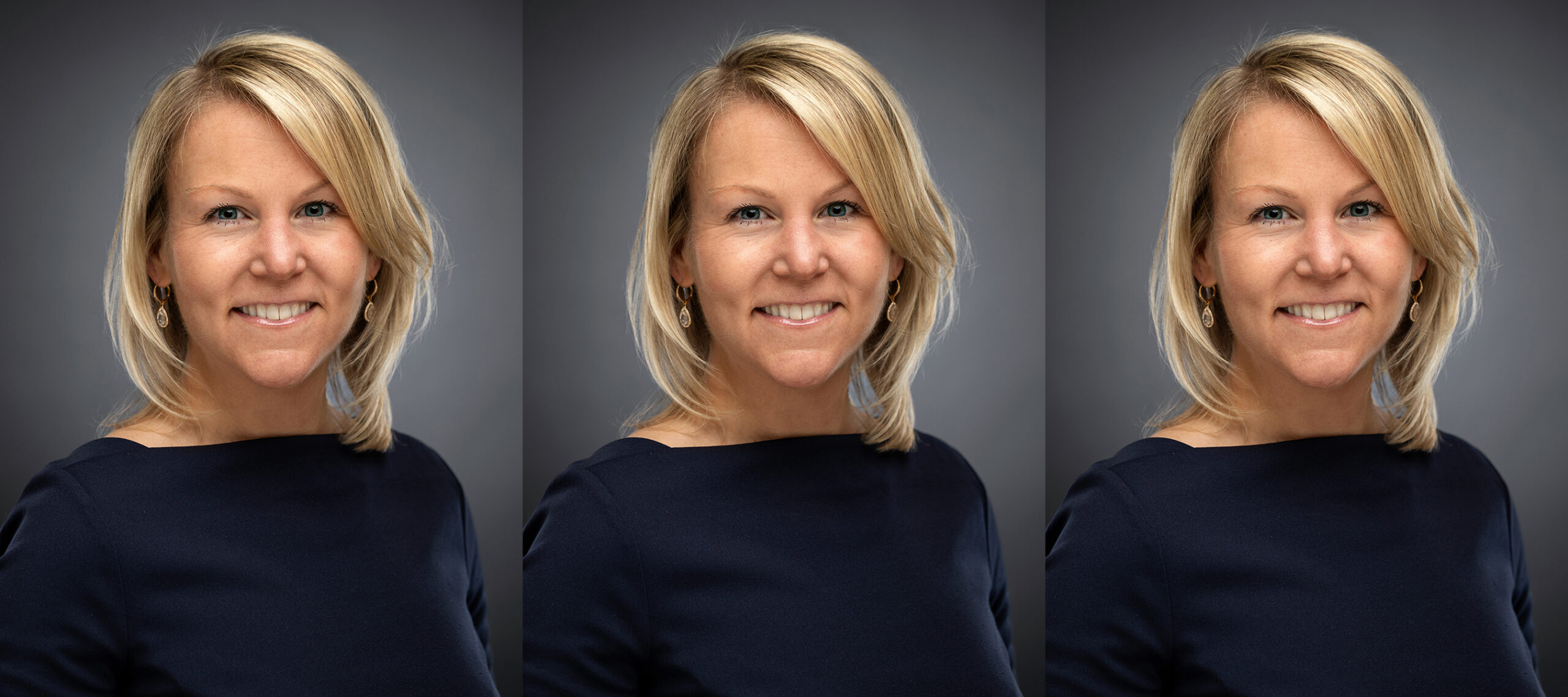When Courtney Mesmer decided that she wasn’t going to become a doctor, her long-term career plan, she determined, “I needed to do something that would put letters behind my name!
“Just kidding!” she says, but she did achieve that when she became Courtney Mesmer, CMP. “Like many others in my profession, I stumbled into meeting planning,” she says. But during an internship in Washington, D.C., “I fell in love with the day-to-day tasks…and the rest is history.”
She has now been in the meeting planning industry for over two decades. “Through it all, I’ve discovered that my passion lies in helping associations transform their events into live experiences that evoke emotion and change.”
Becoming a CMP
Mesmer currently works as vice president of events for WorldatWork. Two years ago, she joined the company to help modernize their events and create new products, and currently sees those efforts generating a lot of success.
In the beginning of her career, as she began to gain experience in the industry, Mesmer noticed that all of the planners she admired had the letters “CMP” after their name. Upon investigating further, she decided she wanted to earn the credential for herself. “I wanted to prove to myself and my peers that I had mastered the skills necessary for future career advancement.”
Mesmer says, “It demonstrates that you have invested in your professional development, which can set you or your company apart from others in the field. Achieving the CMP designation is something to be proud of. You join an elite group of meeting planners to accomplish this. To get there, you need to put forth hard work and dedication, no matter how long you’ve been in the industry.”
Preparing for the Exam
Now that she’s earned the CMP and is enjoying a strong career, she thinks that if she could do it all over again, she would recognize that there’s no perfect time to take the exam. “If you want to get your certification, even though you may be busy at work, take the time to invest in yourself. I promise you won’t regret it.”
She suggests getting started on the 25 required hours of continuing education right away. “As part of the designation, you have to work at least 36 months full-time in the meeting industry and undergo 25 hours of continuing education within a five-year period (If you have a degree in event management or hospitality, you only need to work 24 months). So, start signing up for those webinars or attending those local events or national conferences.”
And then, she says, “Study, study, study! …In all seriousness, everyone learns differently.” This CMP Spotlight series hears from numerous CMPs about how they’ve prepared for the exam, and each offers insightful, unique study methods that you can pull from if you’re preparing for the exam yourself.
Studying for Success
Mesmer found that, for her, one of the best methods was to make flashcards on key terms and concepts. She would also highlight her readings to point out key information and take notes of topics to make more flashcards on so she could continue to quiz herself on information as she took it in.
Finally, practice tests were especially helpful study tools. “The Convention Industry Council (CIC) offers a practice test, and many boot camps and study groups do also. And remember to take the quizzes at the end of each chapter in the study guides,” she says.
One of the biggest challenges for Mesmer was finding time to prepare for the exam and get continuing education while working as a planner. To combat this, she remembers scheduling time each week and during the weekend to put towards her preparations.
She also took a three-day, in-person boot camp where she learned and studied with a group of other prospective CMPs. “It was nice to learn together and to hear from others what their questions were and what they were struggling with, and then understand and learn what the answer would be and why.”
Where Is She Now?
You can find Mesmer running corporate events with a printout of her spec, “(A.K.A. the bible),” in hand, as well as a pad of paper and pencil to write down any ideas that pop up throughout the day. When she’s not setting up or running an event, she’s reading industry-related articles from e-newsletters or her LinkedIn feed.
She also finds it important to make time to attend other events and experiences to gain new ideas and perspectives. “I like to participate as an end user and experience that side to help inform what I need to do as an organizer of events,” she says. She gave an example of attending a conference two years ago, and noticing that about 20 minutes into each session, she started looking at her Apple watch to check the time, checking email on her phone, and losing interest. “As a planner, why do I think my attendee’s behavior would be any different?” she asked.
With this in mind, Mesmer transformed her events to work more productively with people’s attention spans. She changed the format on the main stage every 20 to 25 minutes, so attendees view a TED-talk style production, then something like a fireside chat, then move back into the TED-talk style.
She says that she has always found solace in the quote, “The only way out is through.” When it comes to event planning, this means facing challenges and obstacles head-on. “While it can be a difficult and sometimes monotonous profession, I’ve learned that perseverance pays off,” she explains. “I’ve found that the most challenging events often result in the most rewarding outcomes.”
Her Events
Every event, Mesmer says, is memorable. “Events have a unique ability to create unforgettable moments and to build lasting memories and strong brands. There is an inexplicable magic to events that can’t be replicated in any other marketing channel.”
One of her most cherished accomplishments was the WorldatWork Annual Conference experience. When she joined the company, she knew she wanted to evolve its conference experience. “After evaluating the product, we immediately made several sweeping changes,” she remembers. “With less than six months of planning until our show opened, we changed the layout of the exhibit hall, added new modalities of learning, reconfigured the schedule, added new networking events, and even changed the name of the conference.”
In 2023, she and her team built on those changes. “We added even more activations on the show floor, curated more content and focused on creating connections in a playful way.”
The adjustments proved successful. Their 2023 event experience saw a 50% increase in total registration, 82% in paid registration and a 94% satisfaction rating. Mesmer says, “And we are not done evolving yet!”
Read more: CMP Spotlight: Get to Know Melva LaJoy Legrand, CMP




